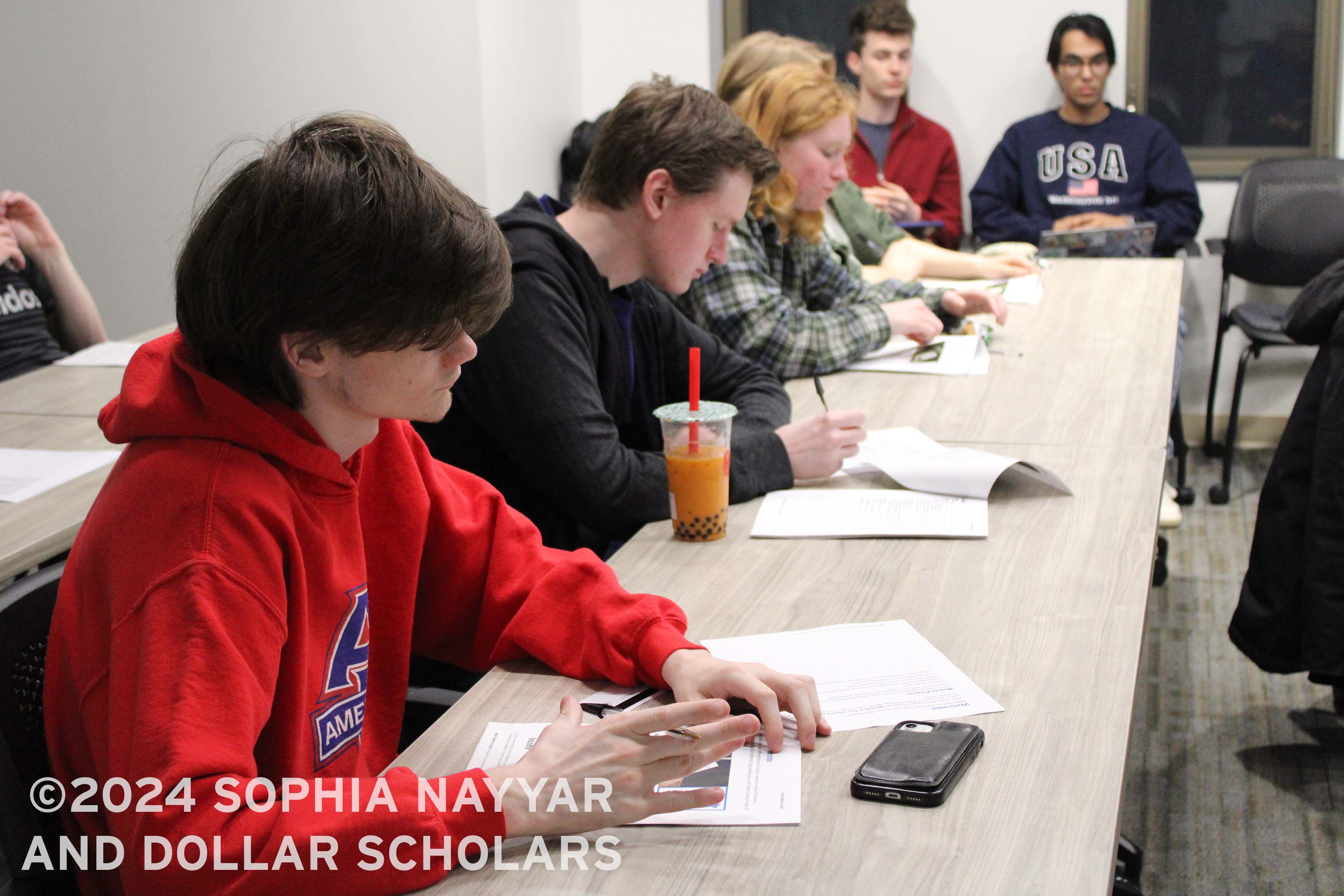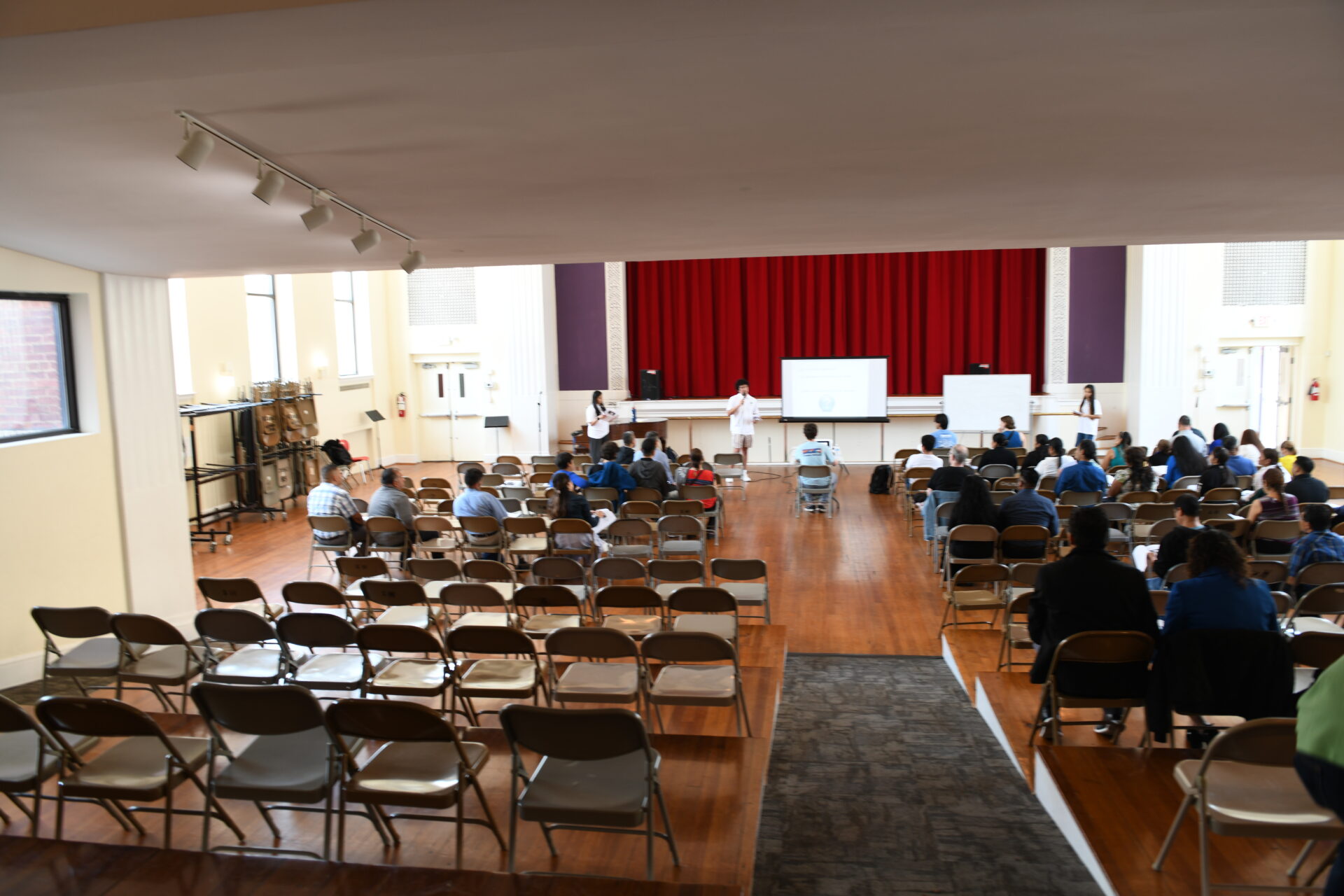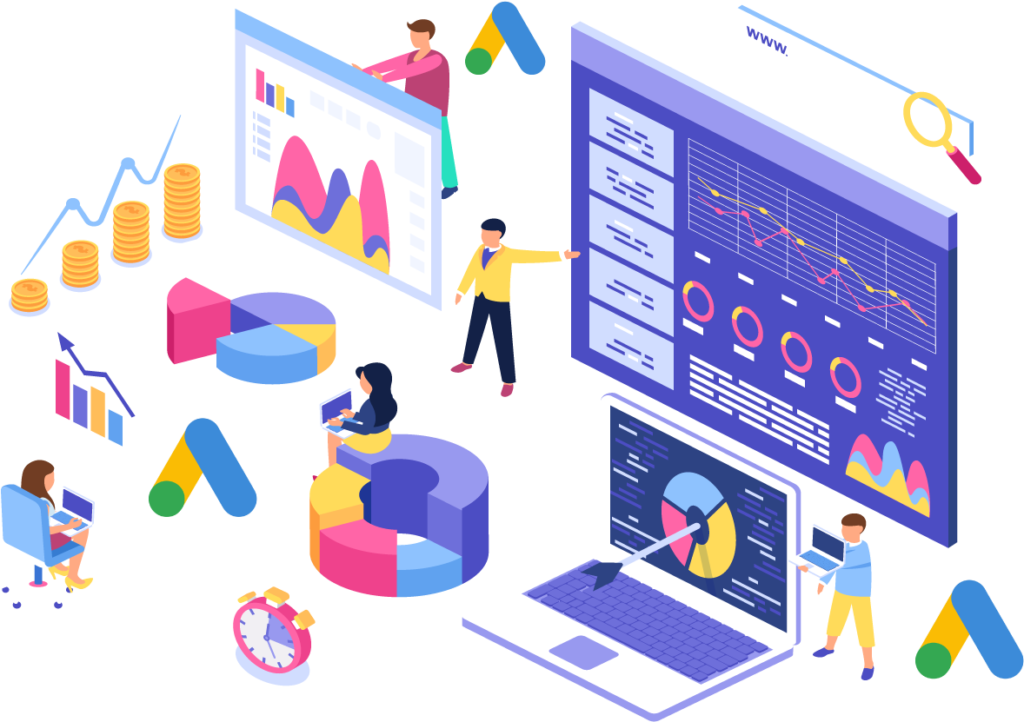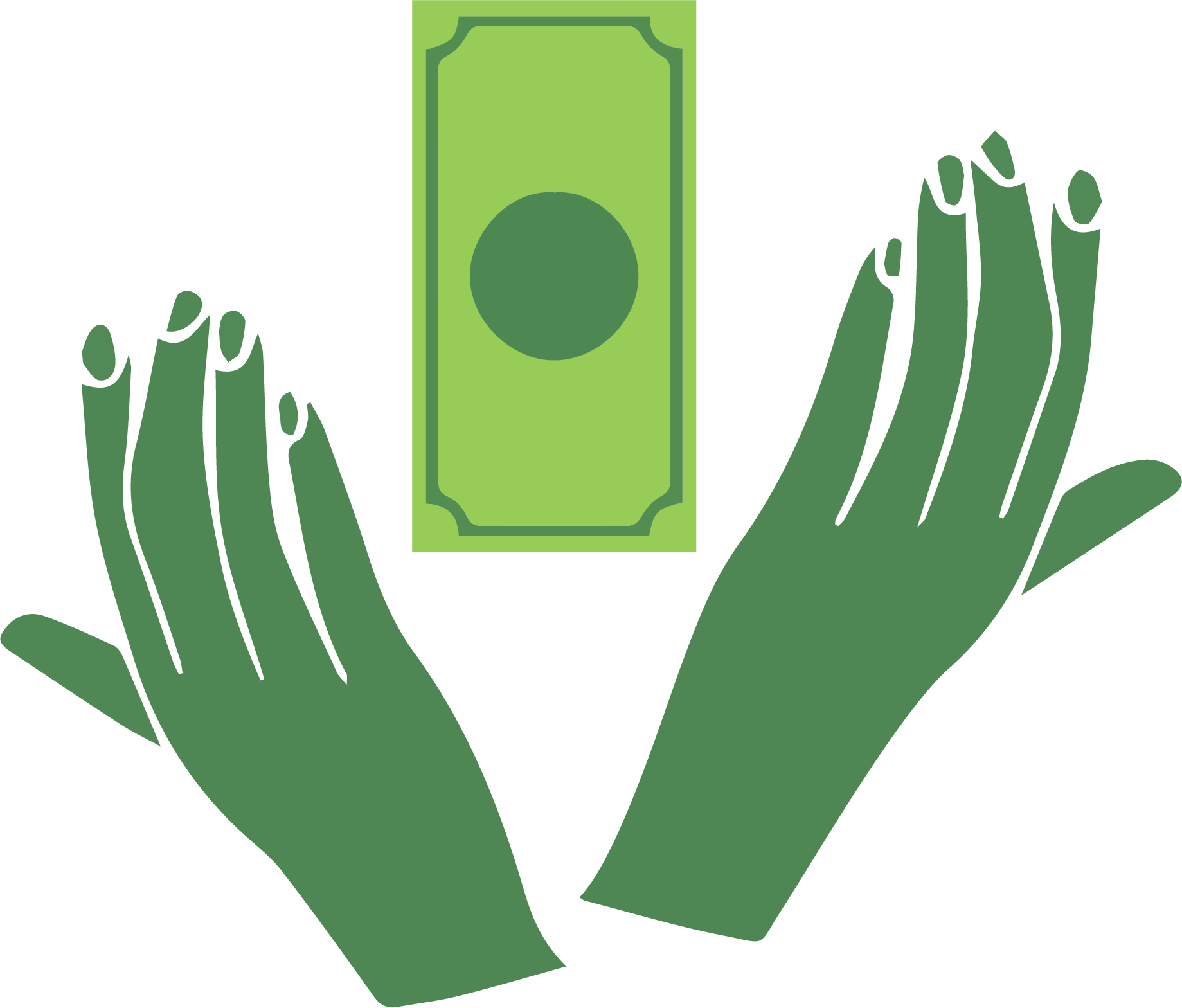Acerca de Dollar Scholars
Dollar Scholars es una organización sin ánimo de lucro registrada, 501c3, dedicada a ofrecer educación financiera pro bono a adultos.
La organización fue fundada en 2024 por un profesor de economía y microeconomista del desarrollo, el Dr. Jeffrey Dickinson.
La idea de Dollar Scholars creció cuando el Dr. Dickinson descubrió que los artículos de investigación sobre crédito a veces no incluían la educación financiera como una característica clave de los posibles prestatarios en su contexto.
Comenzó con una premisa sencilla: conectar a estudiantes y otros voluntarios con la población local de DC/MD/VA a través del catalizador de la educación financiera.
With the help of the Federal Deposit Insurance Corporation’s (FDIC) Money Smart el concepto de Dollar Scholars ha adquirido una forma más completa. Estos recursos están de acceso gratuito para todos los participantes.
Lo que comenzó con dos clases piloto—una en inglés y otra en español—esperamos que ayude a anclar una misión más amplia para proporcionar los fundamentos de la educación financiera a DC/MD/VA.


Muchas personas, pero especialmente economistas, saben que comprender el crédito y otros aspectos de las finanzas personales y el sistema financiero es fundamental para que las personas (y las empresas) naveguen por una economía moderna.
Casi todas las personas y empresas necesitarán pedir dinero prestado en algún momento de su vida. El Dr. Dickinson combinó la idea de enseñar educación financiera con los intereses de estudiantes y voluntarios deseosos de trabajar en proyectos que beneficien directa y tangiblemente a la comunidad.
Reconociendo que la educación financiera es una necesidad de por vida, Dollar Scholars ofrece clases básicas diseñadas para ayudar a las personas adultas a gestionar mejor su dinero.
El enfoque de nuestra organización es capacitar a los estudiantes para que tomen decisiones informadas, piensen críticamente y mejoren la estabilidad financiera y el éxito a largo plazo de nuestros estudiantes utilizando la educación financiera.
Desde los conceptos básicos de presupuestos hasta el conocimiento del sistema bancario estadounidense, nuestro plan de estudios está adaptado para atender las necesidades únicas de un público diverso. En la práctica, esto significa que la programación de Dollar Scholars beneficia directamente a las comunidades hispanohablantes, así como a cualquier persona que no tenga acceso.
El enfoque de Dollar Scholars nos permite canalizar la energía de nuestros colaboradores, voluntarios y colaboradores para mejorar el bienestar de las comunidades.
Creemos de todo corazón y sin reservas que la educación financiera puede impulsar un cambio tangible en la vida de muchos, porque sabemos lo importantes que han sido estas lecciones en cada una de nuestras propias vidas.
Ofrecemos oportunidades únicas para que los voluntarios amplíen sus horizontes y desarrollen valiosas habilidades docentes. Los voluntarios trabajan directamente con profesores de economía, educadores profesionales y economistas que trabajan en el campo del desarrollo y más allá.
Estamos comprometidos a crear un entorno de crecimiento para nuestros voluntarios e instructores, incluyendo la formación o gestión de voluntarios y liderar esfuerzos de recaudación de fondos o reclutamiento.
Nuestra motivación: la brecha en el conocimiento de la educación financiera:
Los datos muestran que la educación financiera es baja en Estados Unidos, con solo el 57% de los adultos estadounidenses considerados alfabetizados financieramente, aunque en EE. UU. está por encima de la media global del 33% de adultos, según la Encuesta Global de Alfabetización Financiera de Standard & Poor’s Ratings Services).
Estados Unidos está por detrás de otros países similares como Canadá, donde el 68% de los adultos se considera financieramente alfabetizados, Reino Unido (67% de los adultos) y Alemania (66% de los adultos). Estados Unidos tiene niveles de educación financiera comparables con países como Francia (52% de los adultos), Australia (64% de los adultos), Singapur (59%) y Suiza (57%).
En Estados Unidos, así como en muchos países del mundo, los hombres obtienen puntuaciones más altas en las pruebas de alfabetización financiera que las mujeres, con aproximadamente el 62% de los hombres estadounidenses considerados alfabetizados financieramente, mientras que solo el 52% de las mujeres estadounidenses eran considerados alfabetizados financieramente.

Contacto
Let’s connect
Para saber más sobre la organización, las clases, el voluntariado, la investigación, las donaciones o cualquier otra cosa, por favor contacta con ellos. Nos encantaría conocer sus comentarios.

Postal Address
3060 Williams Drive Suite 300
Fairfax, VA 22031

